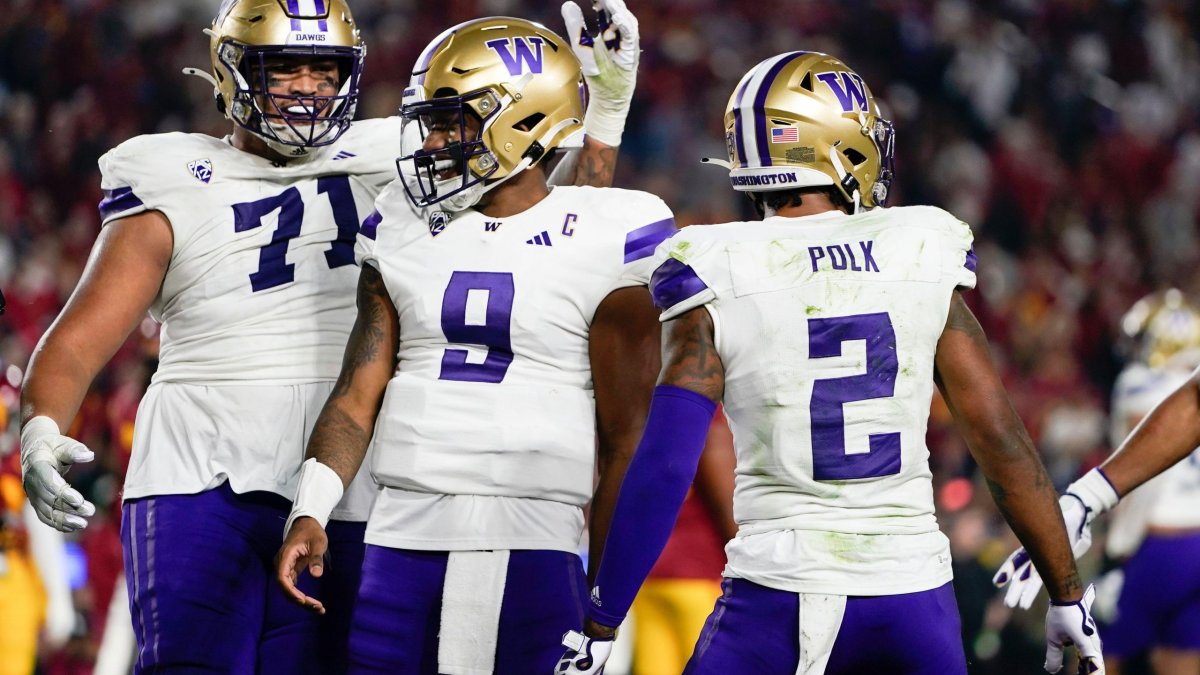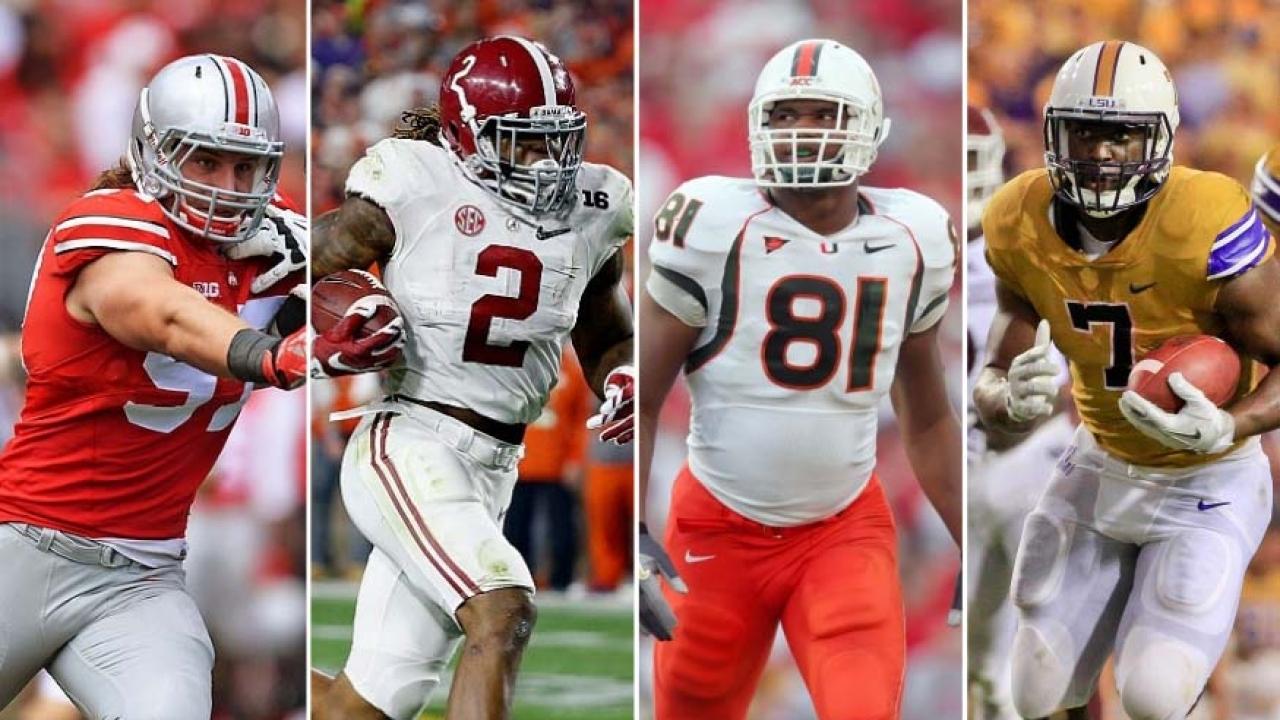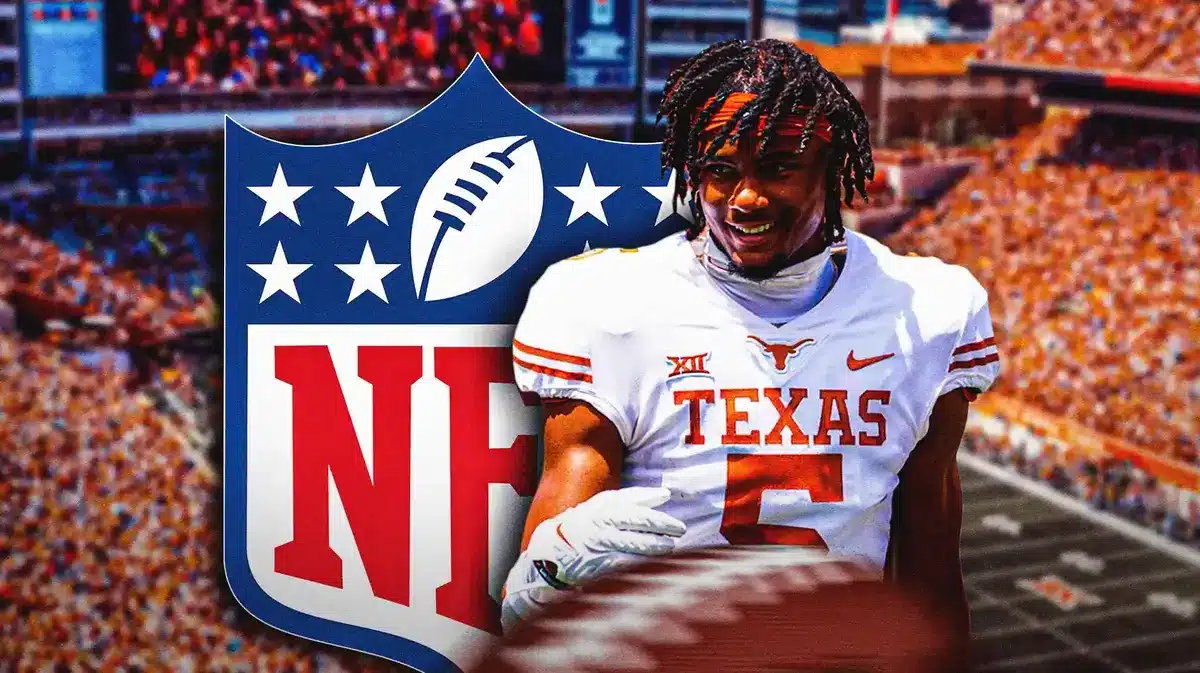In the realm of American sports, college football holds a place of intense passion, unwavering loyalty, and, until now, a long-standing tradition of unpaid athleticism. This cornerstone of collegiate athletics might be on the cusp of a monumental transformation, with a proposal from Charlie Baker, the President of the National Collegiate Athletic Association (NCAA), aiming to rewrite the narrative by ensuring that college football players are compensated for their contributions on the field.

The Groundbreaking Proposal by NCAA President Charlie Baker
At the heart of this shift is a vision to align the treatment of college athletes more closely with their counterparts in the NFL. The proposal suggests that athletes should receive direct payments from trust funds, a significant departure from the longstanding NCAA stance on amateurism.
This initiative not only opens the door for financial compensation but also promises unlimited educational benefits, rights to names and images, and the ability to strike deals, marking what could be the most pivotal change in the history of college football.

How Will The College Football Athletes Get Paid?
The logistical backbone of this proposal addresses a critical question: where will the money come from? For Division I schools, the choice to join this new financial tier remains voluntary, but it comes with the commitment to earmark at least $30,000 annually for at least half of the football players.
These funds are to be deposited into an “enhanced educational trust fund,” aimed at securing the athletes’ future, both on and off the field.
Moreover, the initiative extends beyond Division I, allowing schools outside this category to offer unlimited educational benefits, demonstrating a comprehensive approach to athlete welfare across the board. This move has the potential to level the playing field, offering support and opportunities to athletes irrespective of their schools’ divisional affiliations.
Top 10 College Football Head Coaches per ESPN👀
Do you agree? ⬇️https://t.co/Xn426s9ViO pic.twitter.com/qIestHYBsk
— On3 (@On3sports) April 6, 2024
The Rationale Behind the Revolutionary Shift
The push for this proposal is driven by more than just a desire for fairness; it’s a response to the tangible needs of student-athletes. Many of these young men and women come from backgrounds fraught with financial hardship. This initiative promises a lifeline, offering them the means to not only pursue their athletic dreams but also to secure their educational and financial futures.

Furthermore, the physical and time demands placed on these athletes often leave them with little energy for part-time jobs or other income-generating activities, impacting their academic performance and future career prospects. By compensating them for their time and dedication, the NCAA aims to alleviate these pressures, acknowledging the hard work and sacrifices made by these young individuals.
Conclusion: A Step Towards a Brighter Future
This proposal, if accepted, represents a seismic shift in the landscape of college football and collegiate athletics as a whole. It recognizes the hard work, dedication, and contribution of college athletes, offering them a slice of the financial pie that, until now, was reserved for professional leagues.
More importantly, it underscores the importance of supporting these young athletes in their holistic development, ensuring they have the resources necessary to succeed both on the field and in their future endeavors.
As the NCAA and its member institutions mull over this proposal, the college sports community stands at the threshold of a new era. An era where the athletes, the very heartbeat of college football, are finally rewarded for their contributions to one of America’s most beloved pastimes.

Source- Sportsmanor









